Chapter 1 True and Fair View
Chapter 2 Materiality
Chapter 3 Going Concern
Chapter 4 Emphasis of Matter (EOM)
Chapter 5 Audit Risk
Chapter 6 Independence
Chapter 7 Assertions
Chapter 8 Audit Documentation or Audit File or Working Papers
Chapter 9 Professional Skepticism
Chapter 10 Internal Control
Chapter 11 Audit Evidence
Chapter 12 Related Parties
Chapter 13 Fraud
Chapter 14 Sampling
Chapter 15 Analytical Procedures
Chapter 16 Test of Controls
Chapter 17 Test of Details
Chapter 18 External Confirmations
Chapter 19 Written Representations
Chapter 20 Subsequent Events
Chapter 21 Comparative Information
Chapter 22 Opening Balances
Chapter 23 Audit of Accounting Estimates
Chapter 24 Management Bias
Chapter 25 Using the Work of an Auditor’s Expert
Chapter 26 Management’s Expert
Chapter 27 Using the Work of another Auditor
Chapter 28 Using the Work of Internal Auditors
Chapter 29 Audit Committee under Companies Act, 2013
Chapter 30 Communication with those Charged with Governance (TCWG) and Management
Chapter 31 Joint Audit
Chapter 32 Unqualified (Clean) Audit Report
Chapter 33 Qualified Audit Report
Chapter 34 Adverse Audit Report
Chapter 35 Disclaimer of Opinion
Chapter 36 Emphasis of Matter Paragraph
Chapter 37 Other Matter Paragraph
Chapter 38 Key Audit Matters (KAMs)
Chapter 39 The Auditor’s Responsibilities Relating to Other Information (SA 720 – Revised)
Chapter 40 Professional Judgment
Chapter 41 Premise
Chapter 42 Risk of Material Misstatement
Chapter 43 Applicable Financial Reporting Framework
Chapter 44 Experienced Auditor
Chapter 45 Misstatement
Chapter 46 Clearly Trivial Misstatements
Chapter 47 Materiality in the Context of an Audit
Chapter 48 Materiality and Audit Risk
Chapter 49 Benchmarking
Chapter 50 Cut-off Procedures
Chapter 51 Substantive Analytical Procedures
Chapter 52 Compliance Procedures and Substantive Procedures
Chapter 53 Sufficient and Appropriate Audit Evidence
Chapter 54 Types of Audit Evidence
Chapter 55 Corroborative Audit Evidence
Chapter 56 Risk Assessment Procedures
Chapter 57 Audit Planning and Audit Strategy
Chapter 58 Audit Programme
Chapter 59 Planning Activities
Chapter 60 Internal Check
Chapter 61 Nature, Timing, and Extent of Audit Procedures
Chapter 62 Permanent File and Current File in Audit Documentation
Chapter 63 Assertions
Chapter 64 Engagement Team, Firm, and Personnel
Chapter 65 Network and Network Firm
Chapter 66 Engagement Quality Control Review
Chapter 67 Elements of a System of Quality Control
Chapter 68 Engagement Partner and Key Audit Partner Rotation Requirements
Chapter 69 Leadership Responsibilities for Quality within the Firm
Chapter 70 Ethical Requirements and Independence
Chapter 71 Acceptance and Continuance of Client Relationships and Audit Engagements
Chapter 72 Human Resources
Chapter 73 Engagement Performance
Chapter 74 Monitoring under SQC 1
Chapter 75 Complaints and Allegations under SQC 1
Chapter 76 Engagement Partner Responsibility
Chapter 77 Differences of Opinion within the Engagement Team
Chapter 78 Engagement Documentation
Chapter 79 Engagement Partner Change During an Ongoing Audit
Chapter 80 Quality Control Manual
Chapter 81 Letter of Engagement
Chapter 82 Recurring Audits
Chapter 83 Letter of Weakness
Chapter 84 Audit Considerations Relating to an Entity Using a Service Organisation
Chapter 85 Assurance Reports on Controls at a Service Organisation
Chapter 86 Audits of Financial Statements Prepared in Accordance with Special Purpose Frameworks
Chapter 87 Audits of Single Financial Statements and Specific Elements, Accounts or Items of a Financial Statement
Chapter 88 Engagements to Report on Summary Financial Statements
Chapter 89 Review Engagements
Chapter 90 Contradictory Evidence
Chapter 91 Compilation Engagements
Chapter 92 Agreed-Upon Procedures Engagements
Chapter 93 Walkthrough Procedures
Chapter 94 Vouching v Verification
Chapter 95 Audit Trail
Chapter 96 Surprise Check
Chapter 97 Examination in Depth
Chapter 98 Computer-Assisted Audit Techniques (CAATs)
Chapter 99 IT Controls
Chapter 100 Entity Level Controls (ELCs)
Chapter 101 Transaction Level Controls (TLCs)
Chapter 102 Reasonable Assurance
Chapter 103 Absolute Assurance
Chapter 104 Moderate Assurance
Chapter 105 Financial Statements
Chapter 106 Historical Financial Information
Chapter 107 Purpose and Objective of Audit
Chapter 108 Audit and Auditor
Chapter 109 Magnitude
Chapter 110 General Purpose Financial Statements

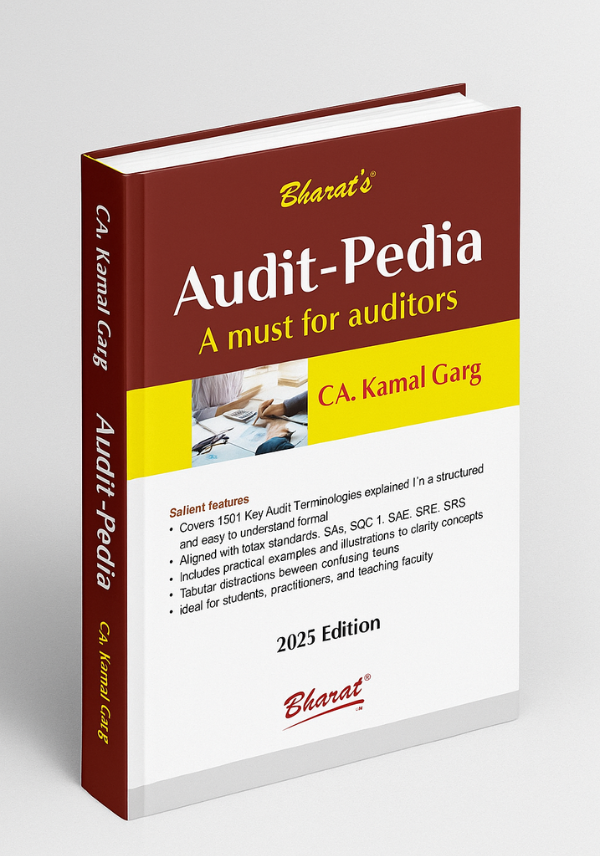
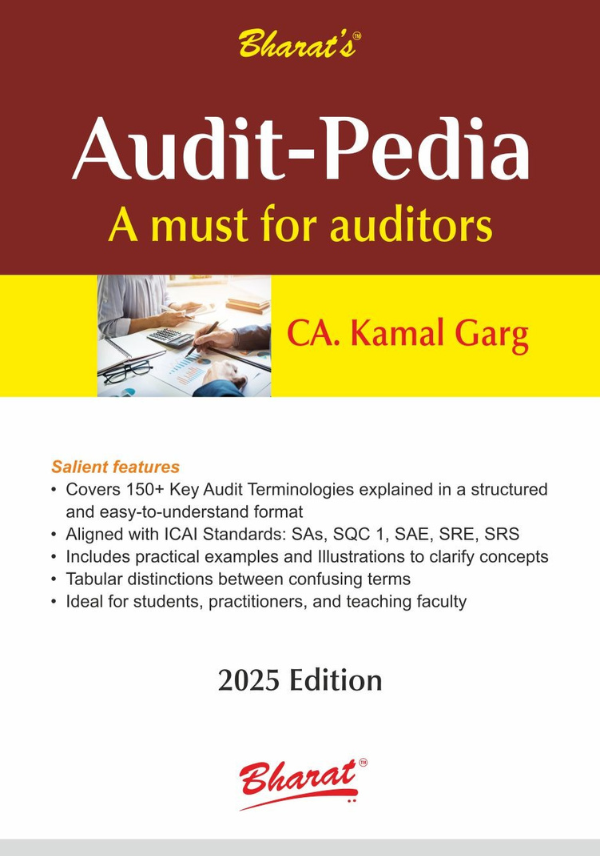
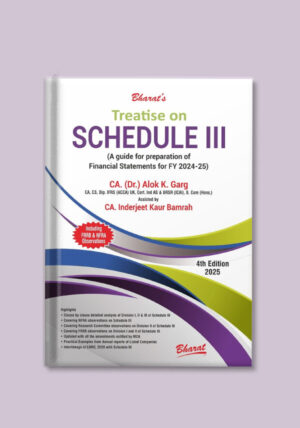
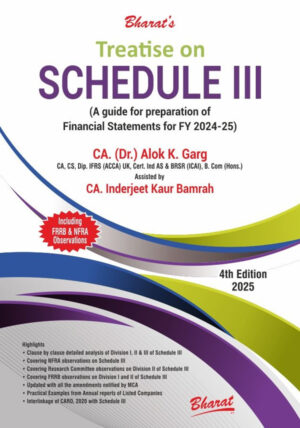
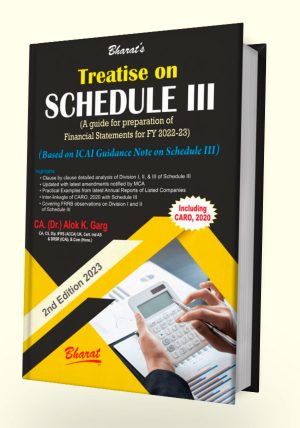
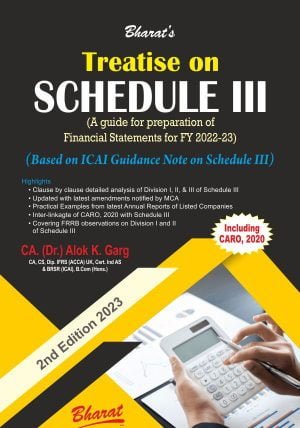
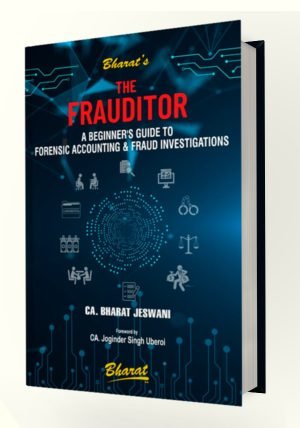
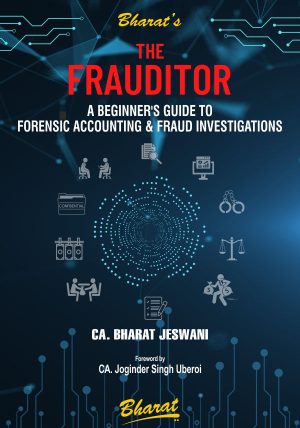
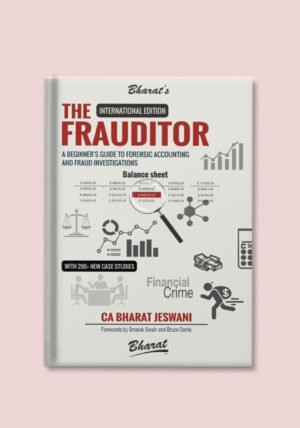
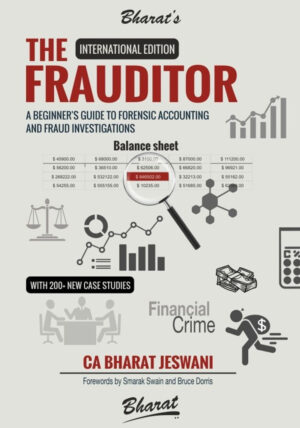




Reviews
There are no reviews yet.